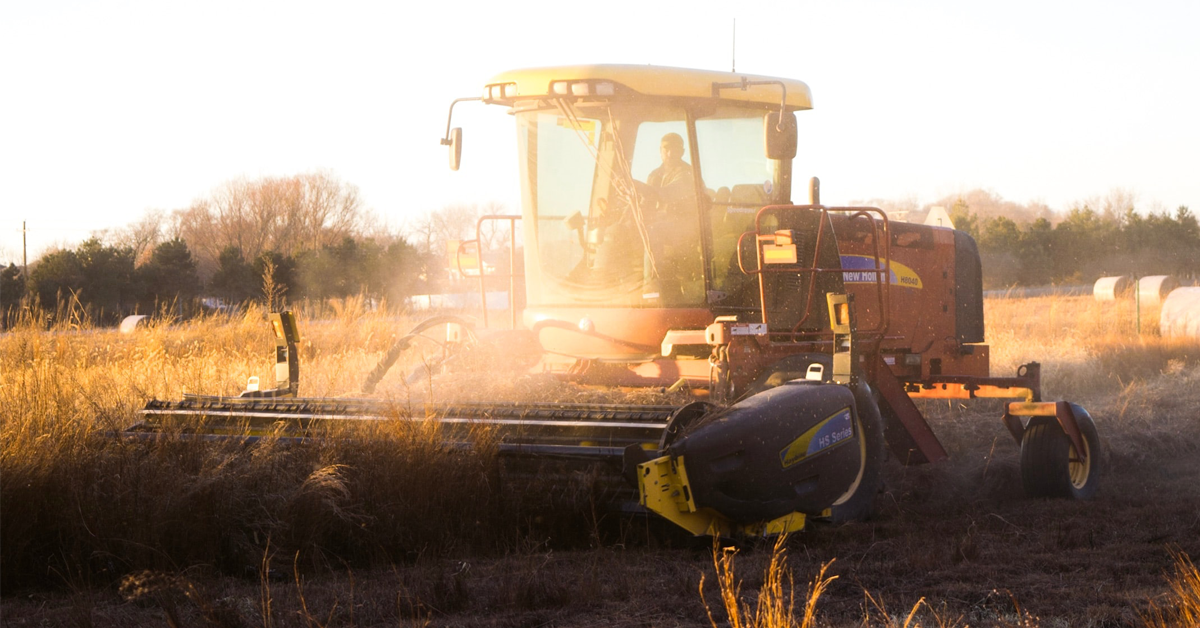As the curtain fell on the 2023 fiscal year, one glaring absence was the renewal of the Farm Bill.
This multi-year legislation isn’t just a policy document; it’s the lifeblood of the American agricultural sector.
While the 2018 Farm Bill will sustain us until the end of the year, the uncertainty that lies ahead is a growing concern for all of us in agriculture.
The Farm Bill is currently entangled in a complex web of political dynamics.
Divisions within the GOP and debates between Senate Democrats and Republicans over a $20 billion fund from last year’s Inflation Reduction Act are complicating its passage.
As someone deeply involved in California agriculture, I can attest to the critical importance of this legislation for our industry.
Farmers like myself rely on the Farm Bill for various programs, crop insurance, and grants. These aren’t just line items on a budget; they’re essential for our financial planning and long-term viability.
The ongoing debate over the allocation of funds is not just political posturing; it has real-world implications for the future of our industry.
Delays in passing the Farm Bill could set us back significantly, as the Farm Bill also impacts international trade and market dynamics. A delay could affect U.S. competitiveness in global agricultural markets, something we can ill afford.
If a new Farm Bill doesn’t pass by the end of the year, we may be looking at an extension of the current legislation. This would force us to continue negotiating politically sensitive topics through the heat of the 2024 presidential and congressional races—a scenario that could further complicate matters.
The Farm Bill isn’t just another piece of legislation, it’s a cornerstone for those of us in agriculture.
As we navigate these uncertain times, it’s imperative for us to stay informed and engaged. We must also be prepared to adapt to a landscape that, for the foreseeable future, remains uncertain.










